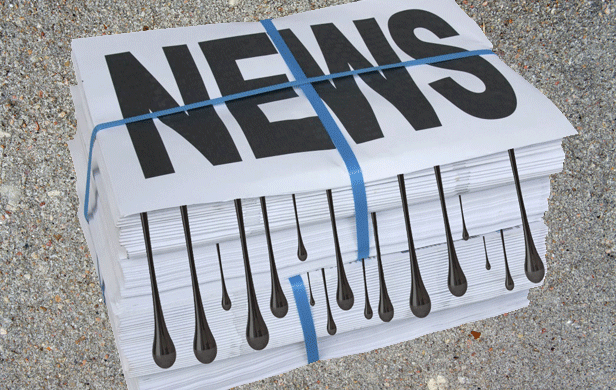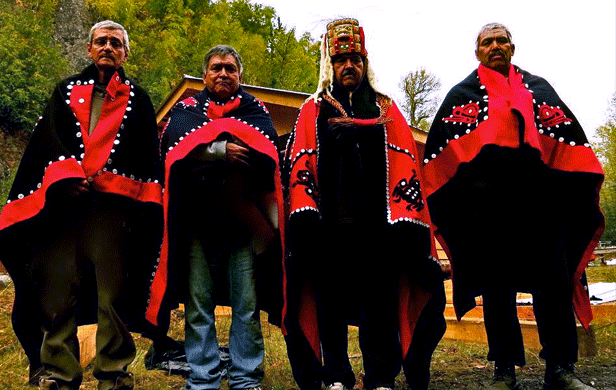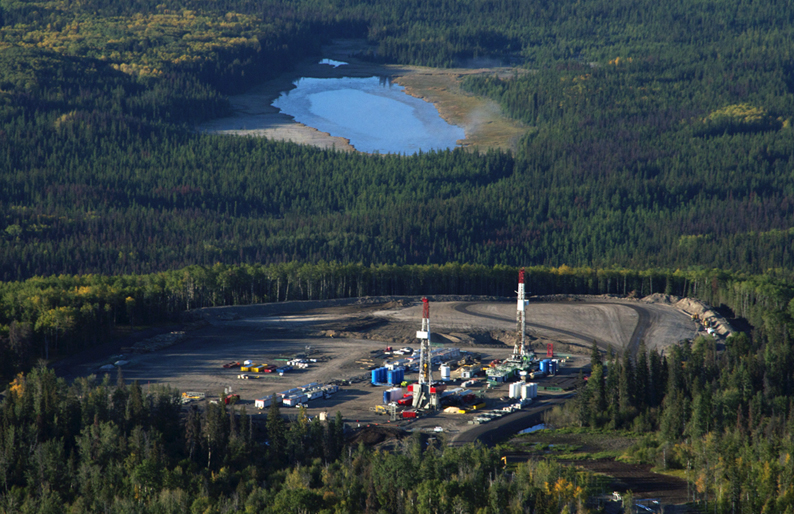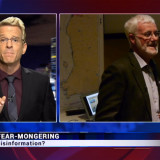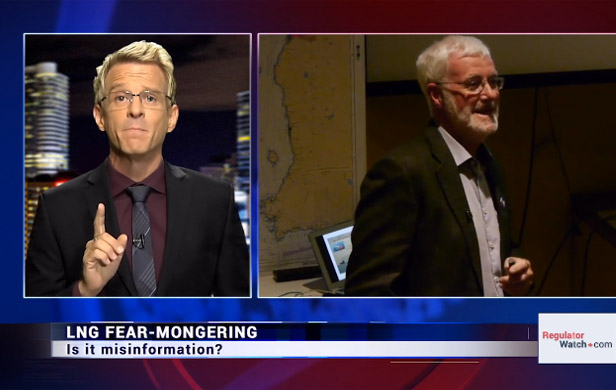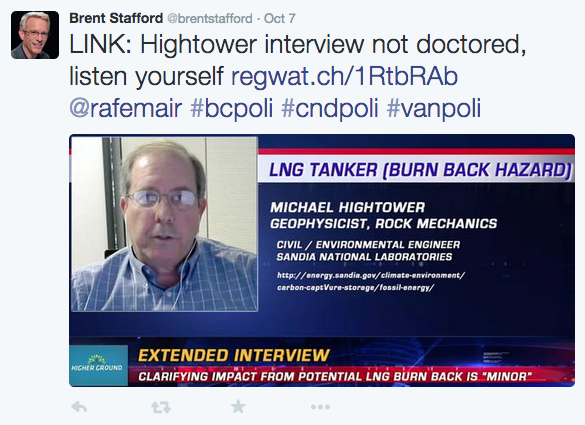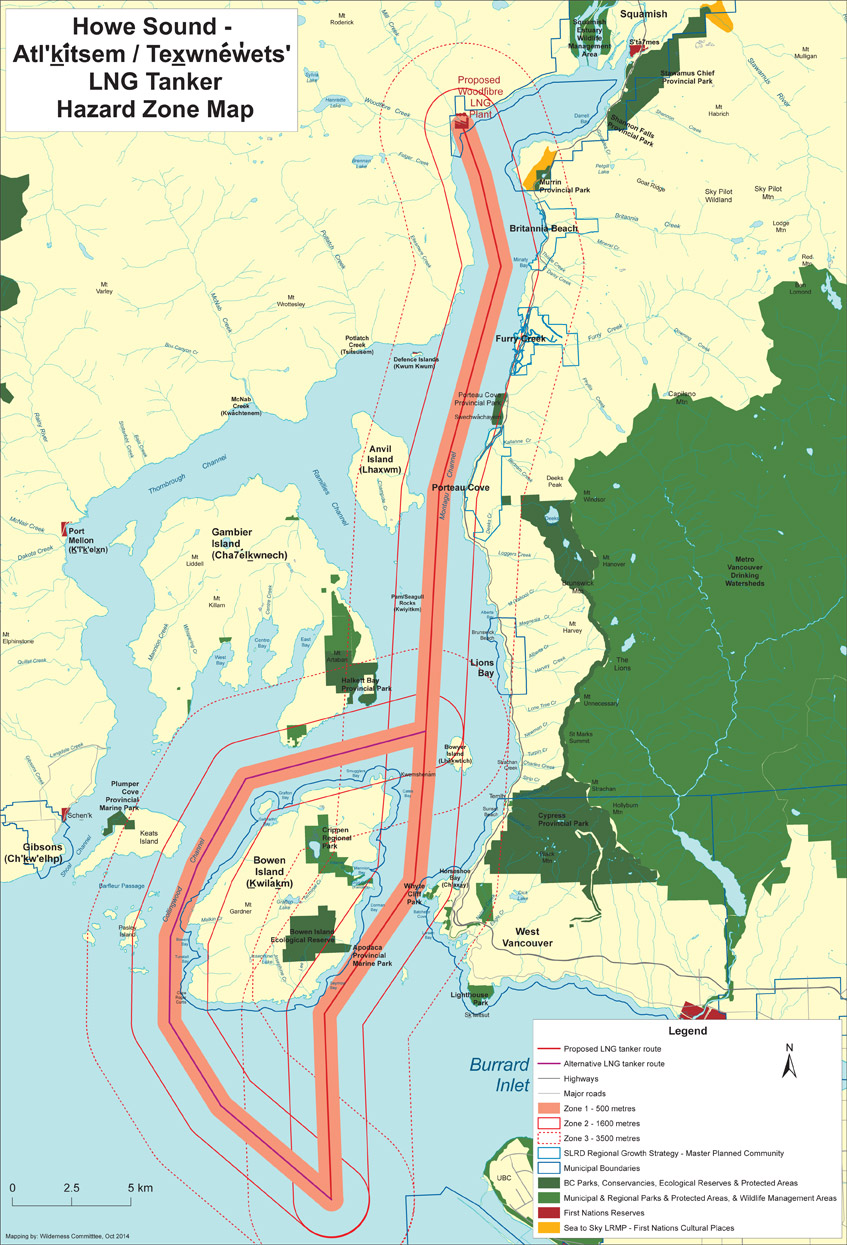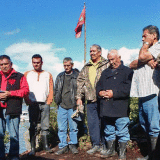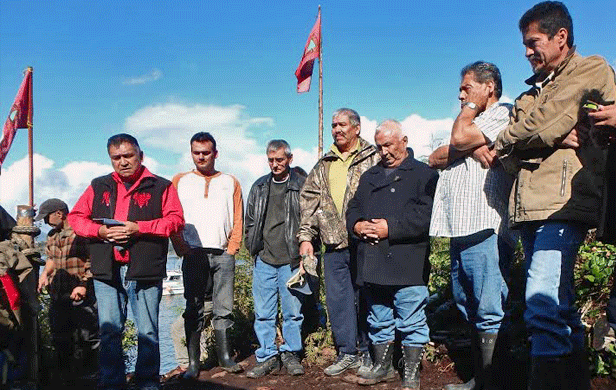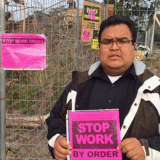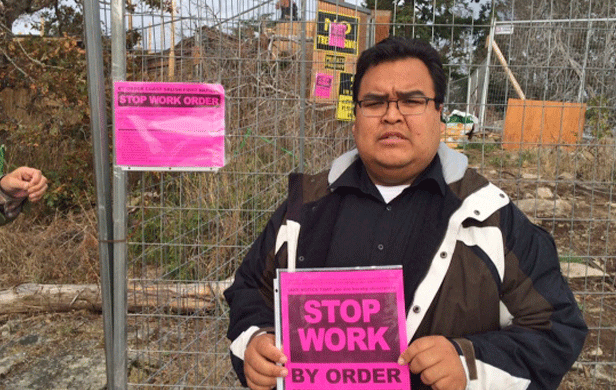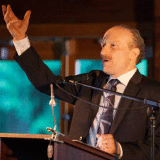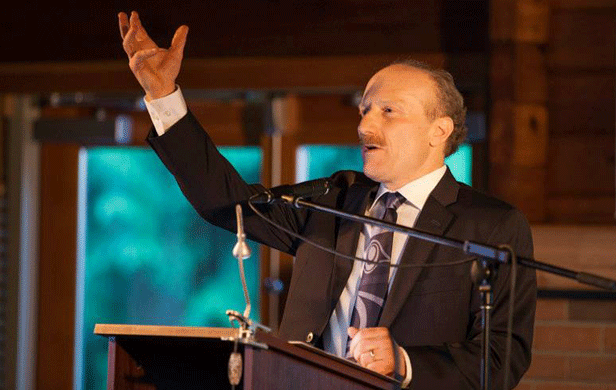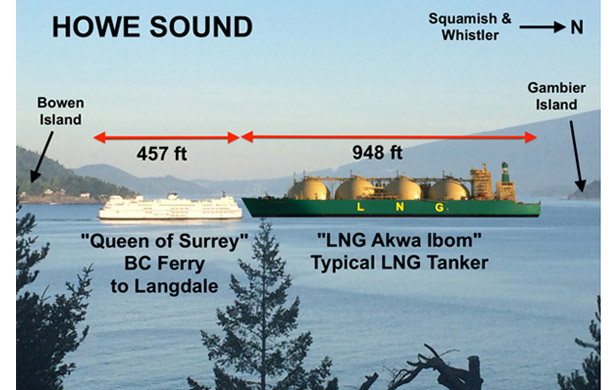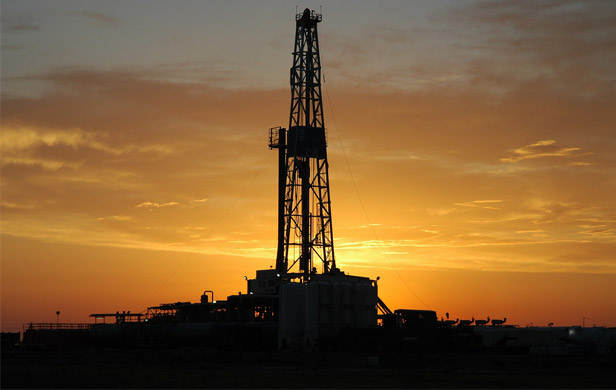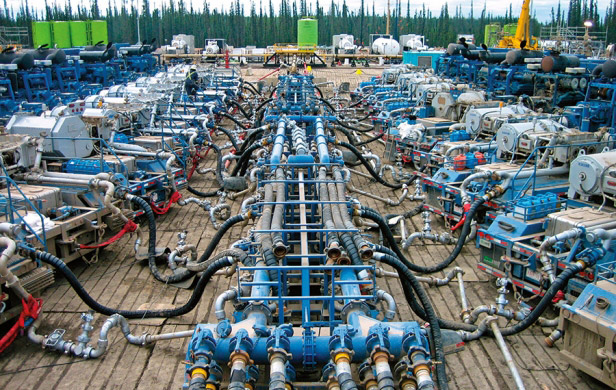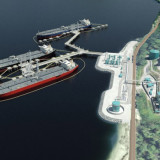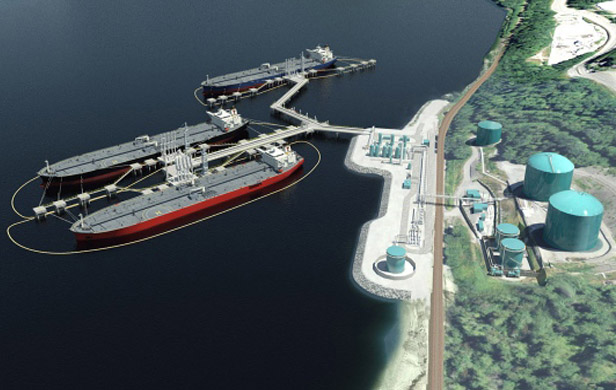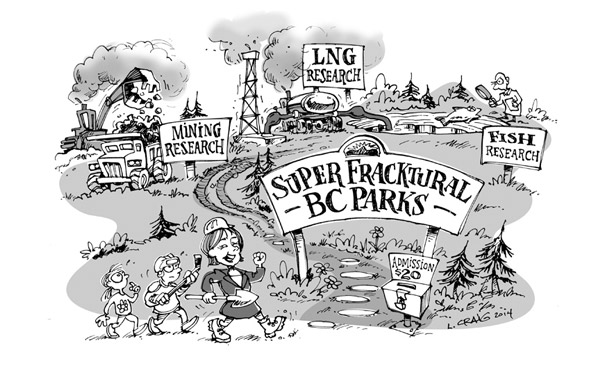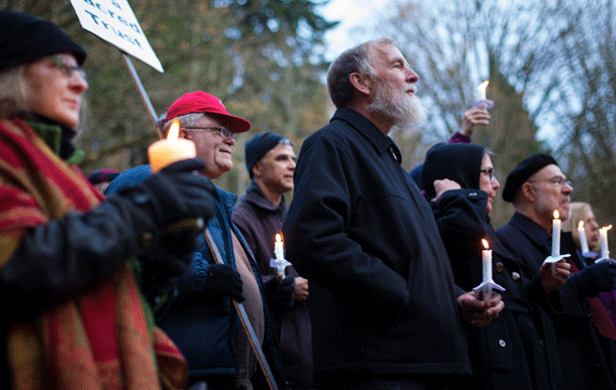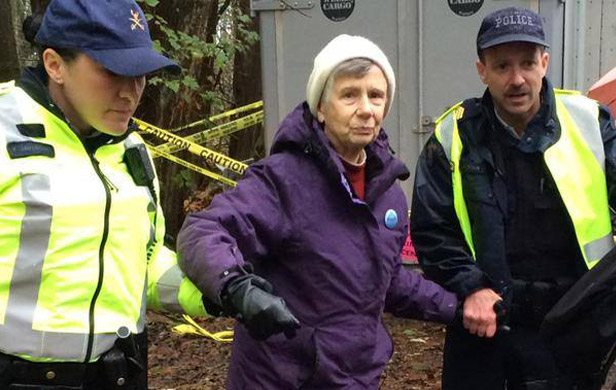Well, fellow friends of freedom of the press, what now?
Agreements between Postmedia – the country’s largest newspaper chain – and the Canadian Association of Petroleum Producers (CAPP), plus an equally disgraceful deal between the company’s Vancouver Province and the LNG industry have permanently stained the organization’s journalistic credibility.
Postmedia is broke and then some. That, however, has never been an excuse for losing your moral compass. I can’t imagine Postmedia forgiving an embezzler because he was broke, yet they’re happy to abdicate journalistic standards and morality because they’re unable to pay dividends.
We all know about the obsequious and idiotic editorials the Postmedia press did while falling all over Stephen Harper and the Conservatives in the recent election. Added to this list is the Toronto Globe and Mail which, while not directly linked to the fossil fuel industry so far as I know, is obviously wed forever to the right wing and it’s acolytes.
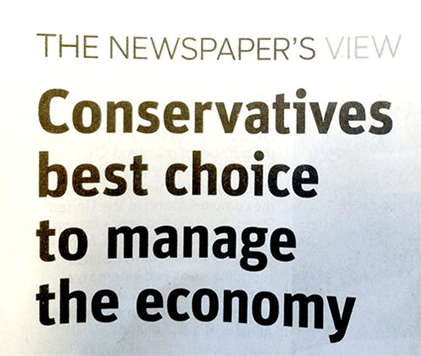
Newspapers have long taken an editorial position in favour of one party or another, loftily insisting that it was the “view of the newspaper” as if it had been revealed by the Delphic Oracle, not dictated directly from the publisher. This, however, is the first time in my memory that newspapers and newspaper chains have formally locked themselves into agreements with one side of a highly contentious issue. Their loved one, the fossil fuel industry, is condemned by every reputable scientist as harmful to the environment and a serious contributor to climate change. We know we can wean ourselves off fossil fuels but that effort must be supported by government and all reasonable people, including responsible news outlets.
When you read your newspaper, apart from the obituaries, you can’t believe a damned thing. It’s worse – you don’t know what’s not printed and should have been.
Once a newspaper is committed to a controversial view, it’s like a clock that strikes 13 – it can never be trusted again. Even the mildest “puff” pieces may well contain propaganda. Unquestionably, Postmedia coverage of controversial issues relating to fossil fuels and the industry can never be accepted in light of their commitment to CAPP.
What about those things not covered?
For example, where in the mainstream media have you read any serious questioning – let alone criticism – of “fracking”? Or the impact of extraction of the natural gas on water, air and the climate?
Where you seen any criticism of LNG tankers in the far too narrow Howe Sound and Fraser River?
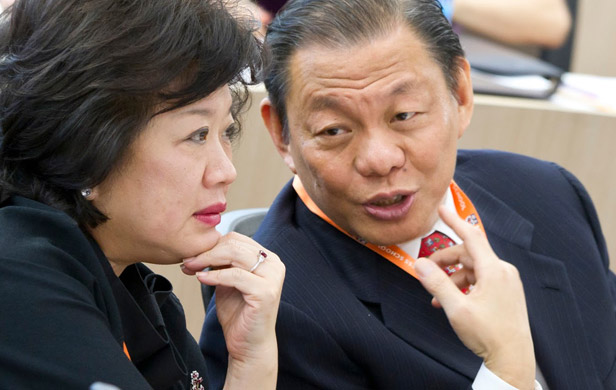
Where have you seen any criticism of, or questions about Sukanto Tanoto, the crooked tax-avoiding, forest-destroying, owner of Woodfibre LNG?
Where have you seen any careful evaluation of the government’s secretive deal with Petronas? And where the government’s “due diligence” was?
Where have you seen the even mildest criticism of premier Clark, her inarticulate toady, Rich Coleman, and their gross exaggerations and bungling negotiations on LNG?
When was the last time you read a columnist in any of these papers be even mildly critical of either government on energy issues?
We’ve all seen the recent resignation of Andrew Coyne, as editor of the National Post after they spiked his election column for the venal sin of criticizing Harper and the Tories. For some reason, Coyne decided to be half an honourable man and kept his column.
Television can hardly be relied upon.
Global TV is owned by Shaw Media. Due to their connection, they and Corus Entertainment are considered to be “related” by the CRTC. Corus, also controlled by the Shaw family, owns radio station CKNW which, under them, abandoned its longstanding reputation for holding the “establishment’s” feet to the fire in favour of good manners unto servility.
CTV is a division of Bell Media (BCE), Canada’s premier multimedia company, with leading assets in television, radio, and digital, and owns 15% of the Toronto Globe and Mail – which has already shown its loving attachment to the Conservative Party. Now, to add to the media incest in Canada, Bell Media (BCE) is in partnership with, guess who – well done, you got it – Corus Entertainment in HBO and other deals.
Not only is there no media outlet in Canada independent of the “establishment” – there is not even an opposition newspaper worth noting. In Great Britain, at least there have long been papers that supported a favourite political party and independents. In the United States, there are Democratic and Republican papers and some independents. This carries on into TV.
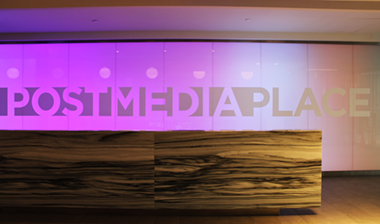
My first conclusion is that every Canadian must understand this situation. The news is going to come strained through the establishment sieve and we must all know that and take the credibility of all the mainstream media as one would a declaration of innocence by a child with sticky fingers and jam all over his face.
Secondly, we must watch with care how the media treats the new government. Don’t get me wrong – they must have their feet held to the fire every bit as much as any other government and we at The Common Sense Canadian will do that.
What concerns me is will the mainstream press look at Trudeau through the Conservative party prism?
On the other hand, Liberal coffers are full of oil money – will this mean that the media will see them as safer than the NDP and go easy on them?
Thirdly, it’s going to take more work by Canadians to get a fair assessment of public affairs. Reliable blogs must be found and relayed to others. There are plenty of them with all manner of points of view from far-right to far-left and everything in between.
There remain a number of features for which newspapers will have some value, like the weather, the comics, special features and advertising of things we’re interested in. Whether or not that’s worth the price they ask is highly questionable.
What we do know is that their reliability for fair, independent news coverage is worth two times the square root of sweet Fanny Adams.


